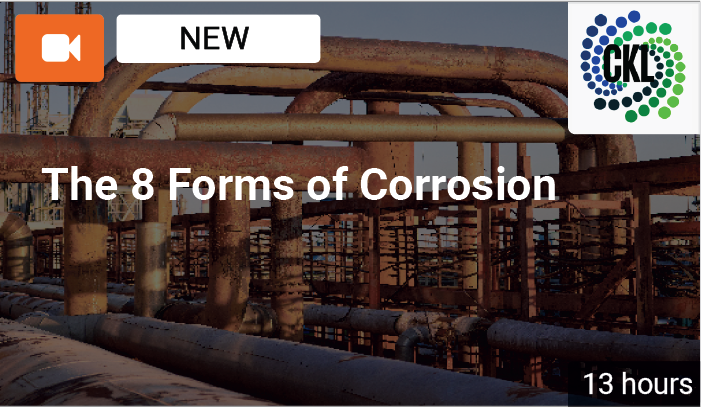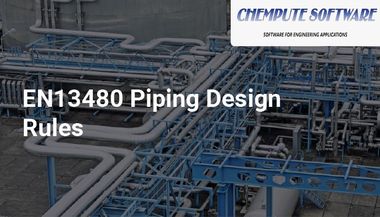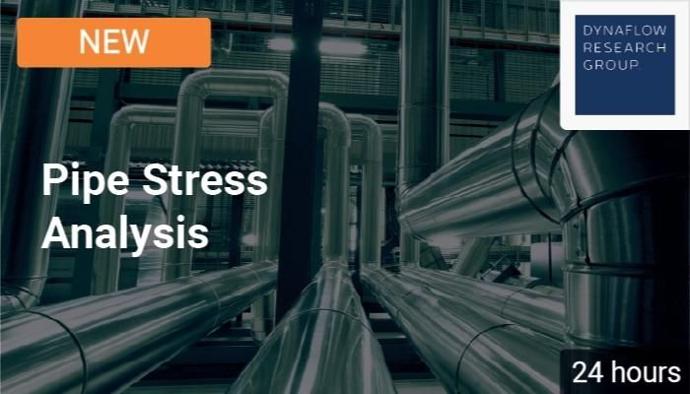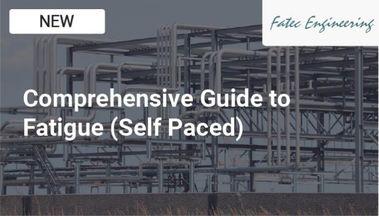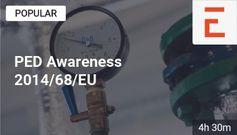The 8 Forms of Corrosion
Self-paced
8 Modules
13 Hrs Content
Christian Lewis
SPC3001
Format:
On-demand
Reduced fees with a team account
Get a 20% discount on all courses for you and your team.
Free Course Preview
Help yourself with your purchasing decision. Watch free content now.
Course Objective
"This course provides a comprehensive walk-through of the 8 main forms of corrosion found within the refining, petrochemical and power generation industries."
Learn from home
100% online training
Video Lectures by Experts
watch multiple times
Available 24/7
1-year unlimited access
PDH Hours qualified course
Read more here
About the course
Self-paced
8 modules
13 Hours
English
1-year access
SPC3001
The cost of industrial corrosion is estimated to be more than $2 trillion per year globally (NACE study). There have also been several major failures and industrial incidents within the Refining, Chemical & Power Generation sectors. It is important that key staff working within these industries have a fundamental appreciation of corrosion types: their threats, diagnosis, and mitigation.
This self-paced course will introduce students to the material degradation, corrosion, and cracking mechanisms found within the refining, chemical, and power-generation sectors. The course breaks these mechanism types down into 8 main modules. Each of these modules explains the scientific principles involved and shows real-world examples. Industrial safety incident videos are also presented and the lessons to be learned from each of these are discussed by the instructor.
This introductory course to corrosion contains 8 online modules, which in total are 13 hours of video content. All training content is provided through your EngineeringTrainer account.
After the course, you have unlimited access to the course for 1-year, including any new course material. This allows you to perform modules again should you need to refresh your knowledge for your projects.
Questions? Contact us
hello@engineeringtrainer.com
+31 (0)85 058 0051
Monday - Friday, 9am - 6pm CEST

Meet your instructor
Christian Lewis C.Eng, MSc, MICorr, MIMMM
Integrity Services Manager and Trainer
Corrosion, Materials, Integrity Management
Program & Details
Welcome to the course
Your instructor
How to use this course
Personal Certificate requirements
Course Introduction
Most Common SCC types
Earliest reports of SCC
History of SCC
SCC mitigation by design & operation
Some industrial systems susceptible to SCC
Scientific overview
A sample of the first module is available for free, so you can learn more about the teaching style and understand if the course fits your needs.
The most common crevice corrosion environments
Typical process systems susceptible to crevice corrosion
Scientific overview
Crevice corrosion mitigation
The main forms of hydrogen damage
Some industrial systems susceptible to hydrogen damage
Scientific overview
Hydrogen damage mitigation
Localised corrosion types
Pit shape & growth
Autocatalytic nature of pitting
Initiation & meta-stable pitting
Solution composition, metallurgical variables, velocity & diffusion effects
Mitigation measures
Stainless steels
Scientific principles of IGC
Weld decay
Forms of IGC found in industry
Stainless steel IGC mitigation
Knife-line attack
IGC of other alloys
Mechanical Erosion
Erosion-corrosion
FAC
Erosion-Corrosion parameters
Case Study
Mitigation measures
Galvanic series
Area effect
Distance effect
Residual elements
Environmental effects
Prevention
Mitigation measures
Dezincification characteristics
Dezincification mechanism
Mitigation measures
Graphitic corrosion
Other alloy systems
High temperatures
Congratulations
Course evaluation survey
Your Personal Certificate
Rate this course
Related resources & followup
Results
After this course, you...
have an awareness of the main forms of corrosion found within the refining, chemical and power generation industries.
understand the basic principles of corrosion science for these damage mechanisms.
have an appreciation of the process systems, design features and operating conditions that are the main drivers of corrosion.
have learned how various types of corrosion can be diagnosed.
have seen a wide range of corrosion failure examples from the processing industry.
have been taken through a selection of process safety cases illustrating corrosion failures, and have gained an appreciation of the lessons learned.
understand the mitigation options available to avoid these corrosion issues.
Who should attend this course
Starting Materials & Corrosion Engineers
Mechanical Engineers, Design Engineers
Chemical & Process Engineers/Technologists
Inspection Engineers
Production Unit Management/Operations
Leads Maintenance Planners
Procurement teams
Prerequisites:
No prior experience in material sciences is required.
Level: Foundation/Intermediate
Access to the course.
After your purchase is confirmed it will be activated to your account on the EngineeringTrainer learning portal. Here you will find the course in your dashboard and you will be guided step-by-step through the different course modules. You receive 1-year unlimited access to the course. This allows you to perform modules again should you need to refresh your knowledge.
Learn by doing.
The course is based on video content with video lectures given by the instructor. The videos can be viewed as many times as desired and these video lectures will help you to grasp the important technical concepts.
This course is self-paced and is not subject to specific dates. The course contains 8 modules with a total of 13 hours of content which can be performed at your own pace. A Personal Certificate will be provided to participants if they finish the course within the first month after purchase. This incentive will motivate you to perform the course quickly thereby improving your learning curve.
You receive 1-year unlimited access to all content. This allows you to perform modules again whenever if you need to refresh knowledge for your daily work projects.
A personal digital certificate will be made available to each participant upon full attendance.
Example Certificate:
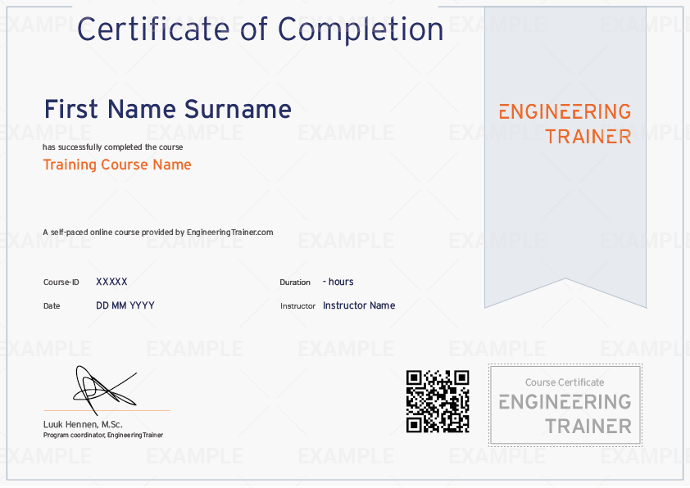
FAQ
Video lectures
Links and discussion of industry cases
The majority of training material are videos. These are not available for download, but can be accessed directly with your account on the portal. Apart from quizzes the exercise files can be downloaded. These can include .pdf files with the exercise questions, excel files or other file types.
You receive 1-year unlimited access to the course. This allows you to watch content again if this is beneficial for your work projects.
We encourage participants to submit feedback and questions. These form the basis for new, future videos that will be added to the online course, but they will not be answered to the student directly.
Participants receive 1-year unlimited access to the course including new videos that are added during this year. Participants receive an email notification upon addition of new content.
No technical software is used in this course.
If your computer and internet connection are able to play videos on YouTube you will be able to participate in this course. The case study is partially based on pdf files which you should be able to open.
Note that almost all browsers are supported, except for Internet Explorer.
Yes, this course qualifies for PDH hours as per the NCEES CPC Guidelines.
